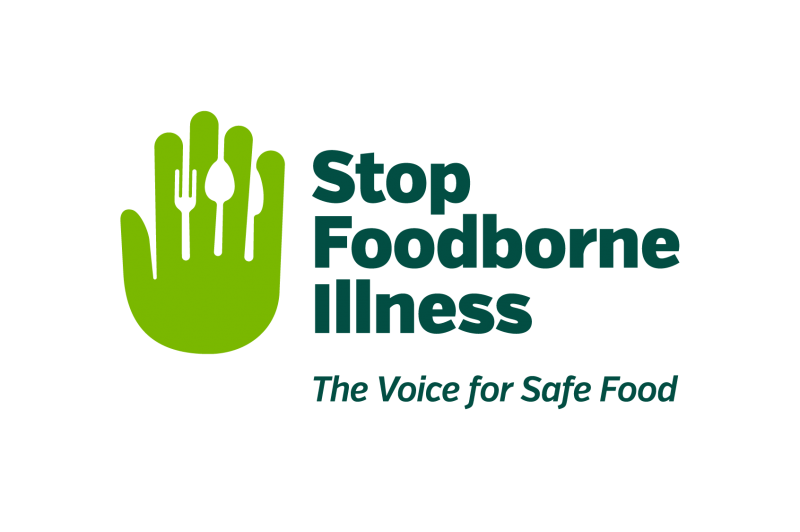REPORTING A FOODBORNE ILLNESS
Call the Environmental Health Division at (309)837-9951 ext 2000 to report a foodborne illness or file a food complaint online by clicking here.
What is foodborne illness?
Foodborne illness (sometimes called “foodborne disease,” “foodborne infection,” or “food poisoning) is a common, costly—yet preventable—public health problem. Each year, 1 in 6 Americans gets sick by consuming contaminated foods or beverages. Many different disease-causing microbes, or pathogens, can contaminate foods, so there are many different foodborne infections. In addition, poisonous chemicals, or other harmful substances can cause foodborne diseases if they are present in food. –Centers for Disease Control and Prevention
What should you do if you think you have a foodborne illness?
See your doctor if you have
- High fever (temperature over 101.5 F, measured orally)
- Blood in the stools
- Prolonged vomiting that prevents keeping liquids down (which can lead to dehydration)
- Signs of dehydration, including a decrease in urination, a dry mouth and throat, and feeling dizzy when standing up.
- Diarrheal illness that lasts more than 3 days
- Diarrheal illness that lasts more than 24 hours (children)
- Jaundice (yellowing of the skin or eyes)
Characteristics of Foodborne Illness:
- Cannot smell or taste any of the agents that can cause a foodborne illness.
- Chances are the last place you ate was not the source of your illness.
- Foodborne illness onset time can range from 30 minutes to more than 30 days.
- Write down or recall all the meals, snacks, and drinks 3-5 days prior to the start of symptoms.
- Note any activities such as travel, visitors, meetings, shopping, contact with animals and events.
Treatment:
- Do not be surprised if your doctor does not prescribe an antibiotic. Many diarrheal illnesses are caused by viruses and will improve in 2 or 3 days without antibiotic therapy. In fact, antibiotics have no effect on viruses, and using an antibiotic to treat a viral infection could cause more harm than good.
- Drink plenty of fluids to prevent dehydration. Physicians may prescribe anti vomiting or diarrhea medicines.
- In order to find out what microbe or pathogen is making you sick, a stool sample will need to be submitted to a lab for testing. Without results of a stool sample only a guess can be made to what caused the foodborne illness.
Transmission of Illness:
Many foodborne illnesses can be transmitted from person to person. Transmission also occurs when people fail to wash their hands properly after using the toilet, before eating, touching their hands to their mouth, or handling food.
